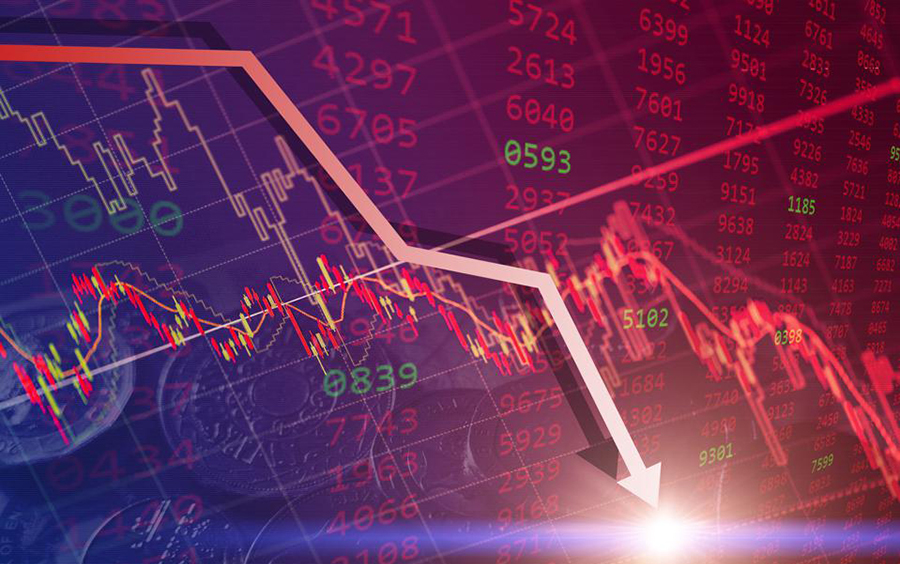Despite the great success of the Nigerian Exchange Group in 2020, the NGX ASI has been trailing behind its African and Frontier market counterparts in terms of YTD performance, since the beginning of 2021.
A frontier market is a country that is more developed than LDCs (Least Developed Countries), but yet less developed than emerging markets because it entails too much inherent risk or is too illiquid to be termed an emerging market. Hence, when we analyzed the stock markets of Nigeria, South Africa, Ghana, and Kenya, we found certain discrepancies.
According to data gathered by Nairametrics, the Nigerian market has underperformed with a YTD performance of -6.49%, whereas South Africa, Ghana, and Kenya are up 11.46%, 36.16%, and 12.83%, respectively, at the end of the previous trading session.
This negative tendency of the NGX ASI might be attributed to the current bullish momentum of yields in the fixed income market, rising inflation, and forex scarcity. Consequently, if key macroeconomic issues remain unresolved, the performance of the NGX ASI may remain unchanged in the second half of the year.
How we started
The NGX ASI gained the highest among 93 equity indices tracked by Bloomberg in 2020, making it a milestone year for Nigerian stocks. The market began 2021 on a good note, climbing 5.32 % in January, fueled by broad-based gains across the board, thanks to greater liquidity and investor optimism.
Significant gains in Oil and Gas (+12.43 %), Banking (+7.89%), and Consumer Goods (+7.04%) at the beginning of the year all contributed massively to this boost. However, the strong start to 2021 could be due to a carryover from the rally in 2020, as well as investors taking positions ahead of the fiscal year 2020 reports.
How it’s going
When inflation and interest rates continued to rise in February, and the CBN began to reverse course in the Fixed Income market, offering higher rates at auctions, the positive sentiment began to dissipate.
As of the time of writing this article, the NSE All-Share Index is down -6.49% year to date, compared to 10.99% and -7.30% for the similar periods in 2019 and 2020, respectively.

Reason for the poor performance of the Nigeria stock exchange
According to Vetiva research, the spike in fixed income rates in both the primary and secondary markets has sparked the decline in market sentiment towards the NGX ASI.
The Central Bank of Nigeria (CBN) has moved its focus away from the equities market by boosting rates at Primary Market Auctions (PMAs) and the DMO’s monthly Bond auctions; an outcome that expected in the second half of the year. This caused a huge exodus of fund managers from the equity area, causing stock prices to plummet ahead of the announcement of full-year and interim reports.











Are we still not ashamed? Giant of nowhere
I am a little bit confused as to the basis for the negative write up. The market is down by -6.49% in 2021, for the same period in 2020 the market was in red by -7.30%. So in essence the market when you compare 2021 to 2020 it has gained by nearly 1%.
Is South Africa not an Emerging Market?
Is South Africa not an Emerging Market?